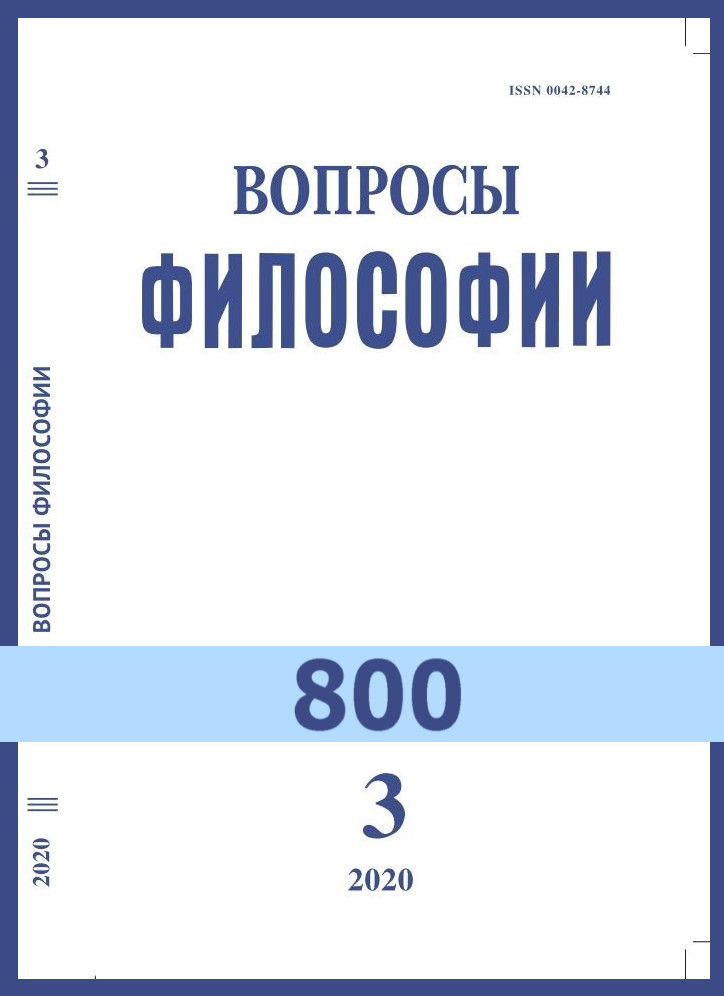Transformation of Identity in the Digital Age
DOI:
https://doi.org/10.21146/0042-8744-2020-3-65-74Keywords:
identity, digitalization, auto project, virtualization, communication, representation, culture, identification, personal narrative, public, private, Internet.Abstract
The article analyzes various theoretical approaches to the formation of the phenomenon of identity. The changes taking place in modern society and the tendencies influencing identification processes are characterized. The development of new visualized forms of communication and representation of everyday experience led to the transformation of the definition of identity boundaries, and the change of cultural practices and globalization of the information space stimulated the growth of public forms of narrative of individuals. Mobility, excessive visualization of personal experience, constant communication involvement and marketization of all spheres of human life become the basis for permanent publicity and transparency of individual personal experience. Until recently, the anonymity dictated by the specifics of virtual communication and the associated manipulations and games with identity, today lose their appeal and relevance, as in the conditions of collection and analysis of digital traces and big data, the real identity is almost fused with the virtual, turning into a single digital profile of the individual, transferring the private life of a person to the public sphere. The modern digital environment acts as a stimulus for the transformation of identification strategies, in which the personality is forced to design and represent its own demand in the constantly supported internal and external autoproject of virtual identity. Due to labeling and self-affirmation, various Hyper-visualized formats of communication and representation, the digital and real Self merge into a single digital public identity. These trends activate the research attention to the transformation of the value-normative context of interaction, communication and construction of identity in the digital environment, stimulating the request for the necessary modification of social relations in the modern world.

